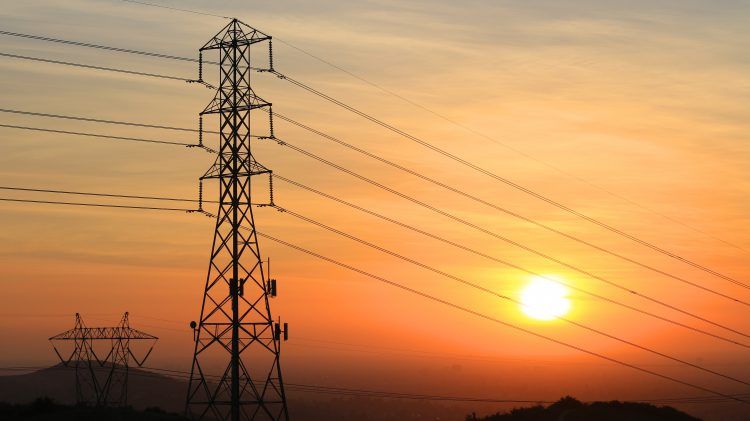
Photo credit: Liammolina.
Inter-bank transactions, online gambling, supply chain logistics, intellectual property protection, and keeping track of fake food are just some of the areas where blockchain technology is being put to work. Singapore Power (SP) Group and a consortium of global suppliers now want to use it to enhance energy efficiency and sustainability – and lower your gas and electricity bills at the same time.
SP announced this week that it has signed a collaboration agreement with a wide-ranging group of energy industry players. The partnership will seek to co-develop blockchain solutions aimed at cutting costs and accelerating adoption of renewable energy sources.
The venture will see SP hook up with the Energy Web Foundation (EWF) – a non-profit focused on driving blockchain use across the sector – and utility companies Centrica, Engie, Sempra Energy, Stedin, Technical Works Ludwigshafen, and Tokyo Electric Power. Petroleum giants Royal Dutch Shell and Statoil, as well as transmission system operator Elia, are also joining in the effort.
SP – which operates electricity, gas, and other utility businesses across Singapore, Australia, and China – sees several potential uses of blockchain technology in the services it provides to individual, commercial, and local authority customers.
“Blockchain’s ability to enable direct, effective, and secure transactions between multiple parties would facilitate the large scale integration of energy sources and devices such as solar cells, batteries, and electric vehicles onto the grid,” an SP spokesperson tells Tech in Asia. “These sources and devices would therefore be able to transact with each other, while supporting utilities to integrate more renewable sources at a much lower cost.”
Another potential application for blockchain in the energy sector relates to the inevitable utility bills that land on your doormat (or in your email inbox) each month. Using blockchain in this context could effectively address reconciliation and settlement of payments, lowering the transactional and administrative costs common to existing billing systems in place today.
“The traditional transaction model typically involves multiple tiers of participants, with a heavy reliance on third-party central intermediaries,” the spokesperson explains. Blockchain, on the other hand, “enables automatic resolution of multi-party reconciliation and settlement.”
The blockchain collaboration with EWF and its other partners is SP’s latest move aimed at disrupting the traditional utilities sector. Last year, it hired several prominent players from Singapore’s software developer scene to create a digital technology team headed by former PayPal engineer Chang Sau Sheong. In January, SP established a global accelerator program to support startups working in clean energy, energy efficiency and mobility, digitization, and on-demand customer service.
This post How Singapore Power plans to lower your utility bills with blockchain appeared first on Tech in Asia.
from Tech in Asia https://www.techinasia.com/singapore-power-to-lower-utility-bills-with-blockchain
via IFTTT
No comments:
Post a Comment